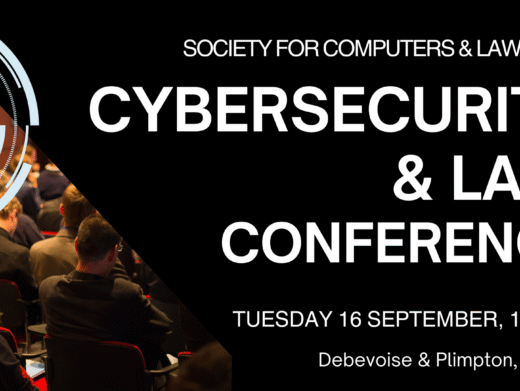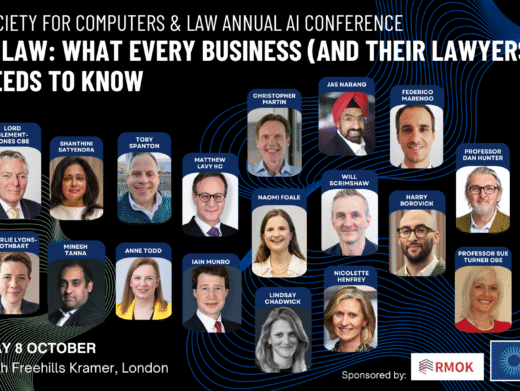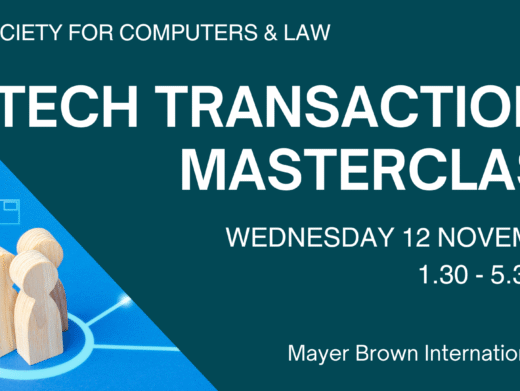James Marks and James McCormick have received sentences of six months’ imprisonment for offences under the Computer Misuse Act 1990, s 1. They were also ordered to do 100 hours’ community service. Leicester Crown Court sentenced the two men in January in relation to their involvement in a hack into the servers of Sony Music, from which they extracted thousands of data files.
It is reported that the men were Michael Jackson fans and it was his music that was the focus of their hack. After Sony reported the security breach, the Serious Organised Crime Agency (SOCA) investigated and arrested Marks and McCormick in May 2011.
The two offenders met through a fan web site forum. They obtained a compromised e-card which had been used to share data and this enabled them to access the servers in the US. They searched for and downloaded Jackson-related files, including unreleased tracks, to their home computers. McCormick then wrote a script to speed up the process, and they also obtained material of other artists on Sony Music’s books. Marks and McCormick downloaded around 7,900 files which were either completed tracks or the component parts, which are known as stems, as well as artwork and videos.
Mick Jameison, from SOCA Cyber, said: ‘These men stole thousands of copyrighted files belonging to Sony Music. Our remit is to protect businesses as well the public, and we will continue to work closely with law enforcement and industry partners to tackle online criminality.’
Gregor McGill, Head of Organised Crime at the Crown Prosecution Service, said:
‘James Marks and James McCormick have today been sentenced for hacking the servers of one of the world’s largest recorded music companies from their home computers in Daventry and Blackpool respectively. Both huge enthusiasts of Michael Jackson, they targeted Sony Music which has the exclusive license to the late musician’s catalogue. At the time of his death, there existed recorded but unreleased Michael Jackson music which aroused the attention of Marks and McCormick.
It was the prosecution’s case that these men were fully aware that the files they obtained on their computers were subject to copyright and that they took steps to sell on and to share the music with a wider audience in internet forums.’




